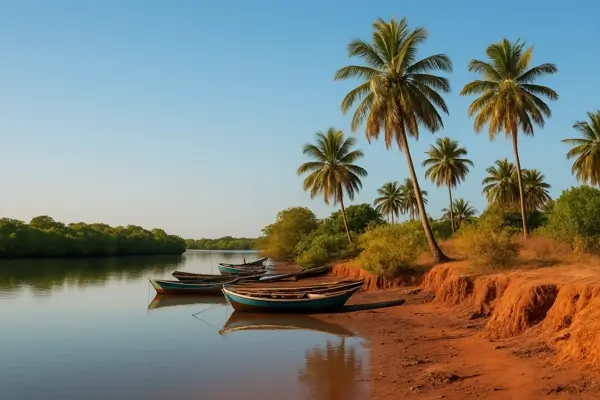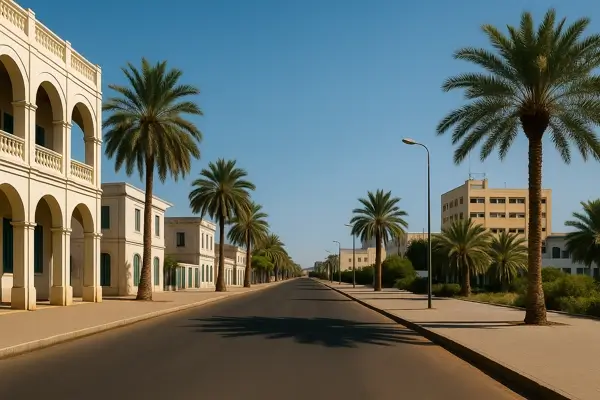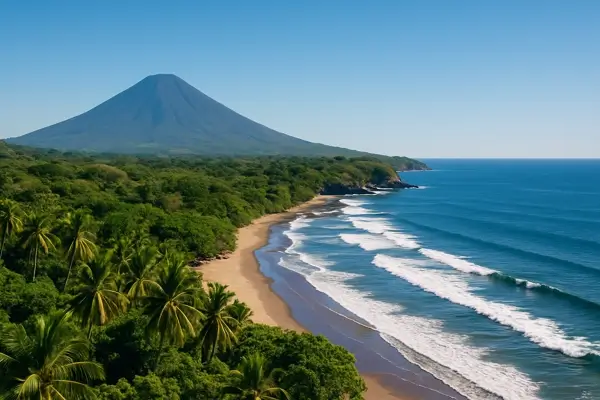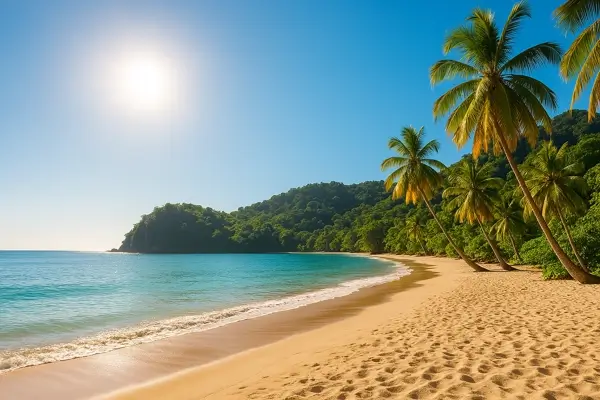
Geographically Diverse
Guinea-Bissau is located in West Africa and is made up of a mainland and many islands, including the Bijagos Archipelago, which is known for its unique biodiversity.
Portuguese as the Official Language
The official language of Guinea-Bissau is Portuguese, though many people also speak Creole and several indigenous languages like Fula and Mandinka.
History of Independence
Guinea-Bissau gained its independence from Portugal in 1974 after a long and bloody war, making it one of the last African countries to do so.
Rich Biodiversity
Guinea-Bissau is home to several national parks, such as the Orango Islands National Park, which protect species like West African manatees, hippopotamuses, and numerous birds.
Unique Cultural Heritage
The country has a rich cultural mix of African, Portuguese, and Indigenous influences, seen in its music, dance, and traditional ceremonies.
Famous for Cashew Production
Guinea-Bissau is one of the largest producers of cashew nuts in Africa, and they play a major role in the country’s economy and agriculture.
Political Instability
Guinea-Bissau has experienced numerous military coups and political instability since its independence, which has affected its economic growth and social progress.
Bissau and its Historical Significance
Bissau, the capital city, is home to several historic sites and monuments that commemorate the country’s struggle for independence and its cultural heritage.
Traditional Music and Dance
Music is a vital part of the culture, with drumming, griot traditions, and dances being deeply embedded in the cultural practices of the local population.
A Focus on Fisheries and Agriculture
Fisheries, especially seafood, and agriculture, especially rice, are critical to Guinea-Bissau’s economy and serve as the main livelihoods for most of the population.



